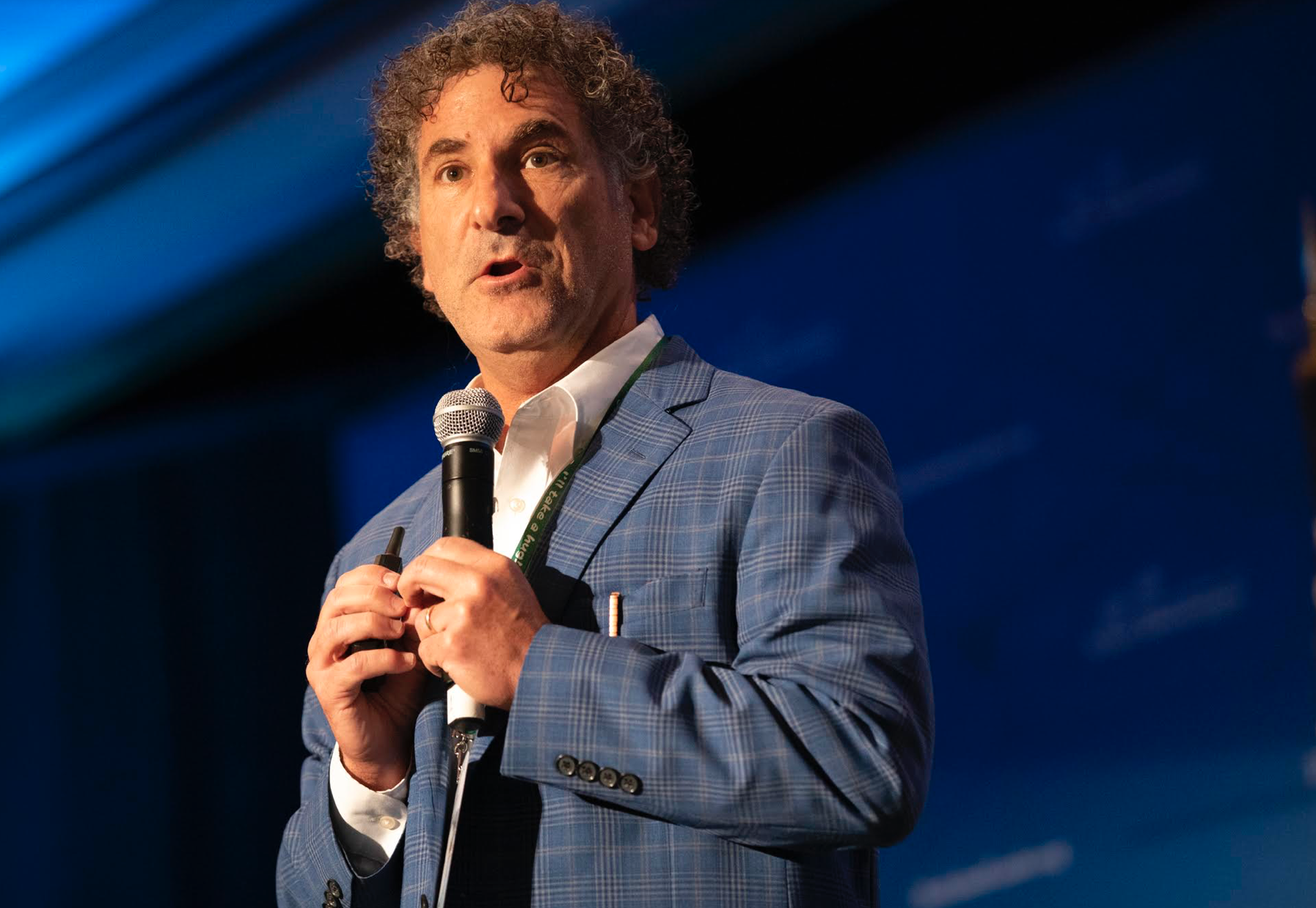Administrators are shaping the human brain in their profession, said Paul Nussbaum in his keynote address at the AFSA 16th Triennial Constitutional Convention.
Nussbaum, who holds a Ph.D. and is the founder and president of Brain Health Center Inc., proclaimed that "the real brain health center is in schools,” as he spoke to delegates about how to maximize holistic education.
Holistic education, which emphasizes emotional learning, is what we need to bring out in our students, Nussbaum asserted. By being in the classroom, learning from enthusiastic teachers, finding happiness in them and interacting with them, human connection and learning is strengthened.
With emotional intelligence as fuel, students are sure to be successful, but it does not stop in the classroom. At home, children still need the same support from their families so that their brains can develop the ability to listen, express their needs and to understand.
“This is not fancy, high-tech stuff,” Nussbaum added. “It goes back to what Grandma taught us—we need to be with one another.”
Nussbaum is known for being many things—professor, scholar, speaker, expert and the face of brain health for many companies and organizations, as he makes neuroscience tenets more accessible to the general public. The Brain Health Center provides independent medical examinations, record reviews and case management for those with neurological and neurobehavioral disorders.
Feelings of anxiety and depression are normal responses to the chaos of reality, he said, and it does not make those who experience these feelings in any way abnormal. When we lose control, it heightens these responses. Starting with the pandemic-related shutdowns of 2020, anxiety and depression became a national problem; he explained that this was not being talked about enough. The fault is not our own, but now that we are starting to take back control by reconnecting in person, we are beginning to heal.
Neurologically, he also explained that students need to be with their teachers. He explained the term neuroplasticity and just how important it is, how the brain changes and adapts in response to experiences. It is no surprise that distance learning has caused children to fall behind, he said, noting that, as educators, the brains of students—now back in the classroom—lay in their hands.
Educators need to be utilized as "brain health people and promoters," Nussbaum said. He advocated for an ongoing curriculum for teachers, students and parents so they all understand how the brain works and what impacts it. He also called for lessons in how to feel love, to be kind and to have compassion, using the holistic approach.
Staying active, spending time in daylight, playing music and meditating are just a few ways to reduce stress so that learning can take place. On the other hand, spending too much time using technology, eating poorly and not getting enough sleep all cause emotional stress, which affects learning. He advised teachers to not be afraid to incorporate yoga, breathing exercises or going for a walk into how they teach, because brains work best when allowed a break. As humans, we are at our peak when we engage in activities that we love.
He emphasized technology is here to stay, and our brains have changed because of it. We need not be afraid of it—it is not as eminent as we think—but we need to learn how to use this in our lives in a positive way.

